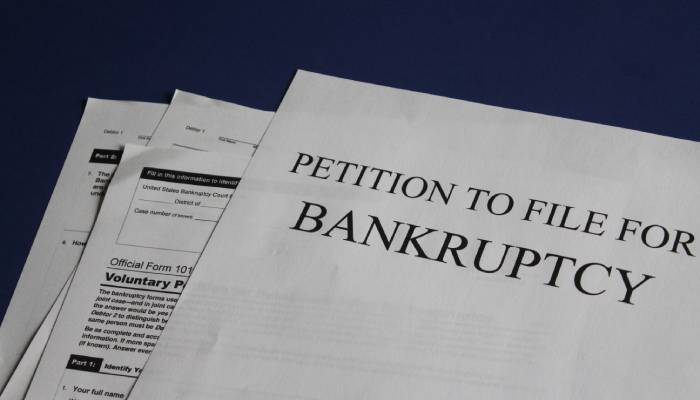
or

The Insolvency and Bankruptcy Code, 2016 (“IBC”) deals with reorganisation and insolvency resolution of corporate persons. When a corporate debtor defaults in making payment to its creditor(s), such creditor(s) has a right to initiate corporate insolvency resolution process (“CIRP”) against such corporate debtor by filing an application before National Company Law Tribunal (“NCLT”). Once such application is admitted, a moratorium would be declared by NCLT in terms of the provisions of Section 14 of IBC. The purpose of moratorium is to suspend all pending or fresh suits or proceedings against a corporate debtor and to bar any encumbrance, sale, disposal or alienation of its assets during a moratorium period. In few cases, some resolution professionals had taken a stand that a moratorium will be applicable to the invocation of bank guarantee by the creditor / beneficiary(ies) since the same is given on behest of a corporate debtor. In this Article, we have analysed the legal position regarding invocation of an irrevocable bank guarantee during a moratorium period.
A Bank guarantee is an independent contract, whereby, a bank undertakes to make payment to the beneficiary on demand. In case of irrevocable bank guarantee, bank is bound to honor the same irrespective of any dispute raised by its customers [Supreme Court in U.P. State Sugar Corporation Vs. Sumac International Limited, Civil Appeal No. 15357 of 1996].
In June 2018, the amendments have been made in Section 14, pursuant to which, a clause was inserted clarifying that a moratorium will not be applicable to ‘a surety in a contract to guarantee to a corporate debtor’. Thereafter, the Hon’ble Supreme Court analysed the scope of moratorium in the context of personal guarantor in the matter of State Bank of India vs. V. Ramakrishnan & Ors. [Civil Appeal No. 3595 of 2018 with Civil Appeal No. 4553 of 2018] and held that a moratorium will not be applicable to the personal guarantor. In the aforesaid judgment, the Hon’ble Supreme Court relied upon the views given by The Insolvency Law Committee in its report (March 2018) that a moratorium is intended to make it applicable only to a corporate debtor and not to any third party. The aforesaid position also needs to be seen from the perspective of a bank guarantee since it is an independent third-party contract.
In the matter of Levcon Valves (P) Ltd. Vs. Energo Engineering Projects Ltd. [C.A.No. 453(PB) / 2017, order dated August 24, 2018], the Hon’ble National Company Law Appellate Tribunal, inter alia, held that the performance guarantee furnished by the banks would not enjoy the benefits of a moratorium keeping in view of the amendments (in June 2018) made in Section 14 of IBC. Hence, the legal position is clear now that an irrevocable bank guarantee can be invoked even during a moratorium period.
Sharad Tyagi is a Partner at Fair & Just Legal. His professional experience spans more than fourteen years in the areas of Banking & Finance, Corporate and Commercial Laws, Mergers & Acquisitions and Joint Ventures. He can be reached at [email protected].

Lex Witness Bureau

Lex Witness Bureau

For over 10 years, since its inception in 2009 as a monthly, Lex Witness has become India’s most credible platform for the legal luminaries to opine, comment and share their views. more...
Connect Us:


The Grand Masters - A Corporate Counsel Legal Best Practices Summit Series
www.grandmasters.in | 8 Years & Counting
The Real Estate & Construction Legal Summit
www.rcls.in | 8 Years & Counting
The Information Technology Legal Summit
www.itlegalsummit.com | 8 Years & Counting
The Banking & Finance Legal Summit
www.bfls.in | 8 Years & Counting
The Media, Advertising and Entertainment Legal Summit
www.maels.in | 8 Years & Counting
The Pharma Legal & Compliance Summit
www.plcs.co.in | 8 Years & Counting
We at Lex Witness strategically assist firms in reaching out to the relevant audience sets through various knowledge sharing initiatives. Here are some more info decks for you to know us better.
Copyright © 2020 Lex Witness - India's 1st Magazine on Legal & Corporate Affairs Rights of Admission Reserved